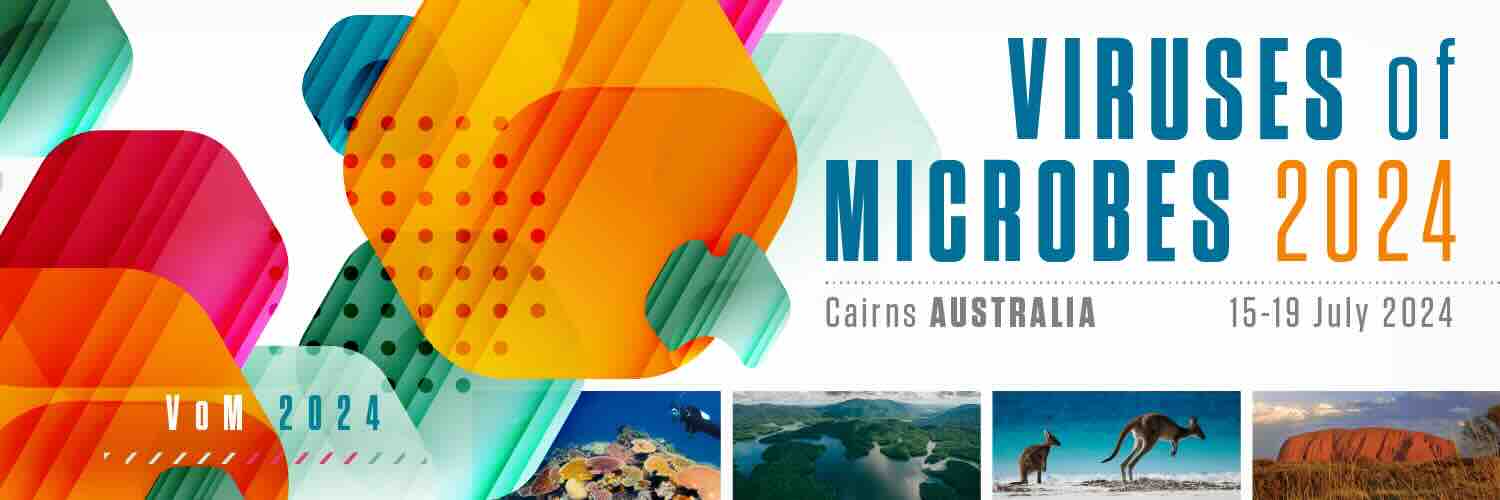Hey hey, phellow phantastic phage phans!
I’m writing this from our new apartment in Mission Bay, in San Francisco! We just moved into this place a few days ago, and are slowly getting settled in. It’s nice to have a new place, dust is settled, and we can get back to work. Jess and I have a lot cooking and we’re excited to tell you more about it — things are just somewhat in flux right now. I’m doing more AI + biology data processing work as a consulting product designer and software engineer, so I will be doing slightly less phage work. Hopefully I’ll squeeze in some time this year to re-build the entire Phage Directory site, which hasn’t seen a real update in four years…!
Also, we’d like to give Tobi of Phages for Global Health an absolutely massive thanks for letting us stay at her house while we got our housing situated. We’re lucky the timing worked out as she’s been busy teaching phage knowledge and lab skills as part of Phages for Global Health.
We’re still looking for writers for Capsid & Tail this season! Please write to us if you have cool ideas — we particularly would love to hear from high school, undergraduate, and graduate / post-docs who are passionate about something phage related. This could be public health, phages-on-a-chip for detection, ML topics like using word2vec, YOLOv8 or LLMs / neural nets for whatever phage projects you’re cooking up. We’d also learn more about everyone’s flavors of bioinformatics, and how they “do” bioinformatics in their own ways.
With that said, here’s what we covered in April:
by Jessica Sacher
In this guest post, originally published in The Microbiologist magazine, Jessica reflects on her and Jan’s journey from helping patients find phages through Twitter to co-founding Phage Directory and collaborating with Phage Australia. She discusses the challenges of phage therapy, including regulatory hurdles, phage sourcing, and the need for personalized treatment. She highlights the success stories of patients like Dhanvi, a 7-year-old girl whose leg was saved from amputation thanks to phages sourced through Phage Directory. She also details the establishment of the STAMP (Standardized Treatment and Monitoring Protocol for Adults and Pediatric Patients) clinical trial, which focuses on testing the process of phage therapy rather than phages as a product. The article emphasizes the progress made in phage therapy perception, the development of regulatory frameworks, and the growing interest from governments and researchers worldwide in establishing phage therapy centers. She concludes by expressing her pride in being part of Phage Directory and Phage Australia and her commitment to helping other phage centers get started.
by Jessica Sacher
In this blog post, Jessica explores the relationship between bacteriophages and neutrophils, the most abundant white blood cells and first-line responders to infections. She reviews three recent papers on phage-neutrophil interactions: Roach et al. (2017), which demonstrated the essential role of neutrophils in the success of phage therapy against Pseudomonas aeruginosa lung infection in mice; Roach et al. (2023), which showed that P. aeruginosa phage PAK_P1 had minimal direct effects on isolated human neutrophils in vitro; and Echterhof et al. (2024), which found that neutrophil depletion had little impact on the clearance and pharmacokinetics of intravenously administered phages in uninfected mice. Jessica concludes that neutrophils appear to be friends, not foes, of phages, working synergistically to clear bacterial infections without significantly clearing phages from circulation in the absence of infection. She highlights the need for further research on the interactions between phages and the immune system, and invites readers to reach out if they are working on related topics.
by Jan Zheng and Jessica Sacher
In this month’s “Phage Picks,” Jess and I highlighted three recent phage papers. The first paper by Shen and Millard offers a comprehensive guide to phage genome assembly and annotation, providing examples, scripts, and tools for each stage of the bioinformatics pipeline. The second paper by Kok et al. presents two methods for experimentally evolving phages to increase their titers, using traditional agar-overlay and a 96-well liquid infection protocol called RAMP-UP, with potential benefits for phage therapy. The third paper by Echterhof et al. investigates the role of neutrophils in phage clearance and pharmacokinetics in mice, finding that while neutrophils do not significantly impact clearance, there appears to be another factor in the blood that inactivates phages. These papers clarify some complex topics, offer promising techniques, and contribute to a better understanding of phages in vivo.
Please write to us to let us know if the Phage Picks format is useful for you! We’re just taking papers that Jess and I send to each other or bookmark — and we’d like to know if you have papers worth mentioning, or if the format should be changed in any way.
C&T Throwback!
I still can’t believe we helped build and run Evergreen in 2021, during a pandemic, remotely, in a small house in the middle of BC, Canada… and somehow the event didn’t burn down, people had a good time, and there was plenty of science? Well Jess and I didn’t go, but at least that’s what people told us. Jess and I got a combined maybe 10 hours of sleep that entire week, but I think it was worth it! Here’s the article celebrating the crazy hybrid event that we ran! https://phage.directory/capsid/evergreen-2021-wrap-up
So that’s it, see you in May!
~ Jan and Jess







